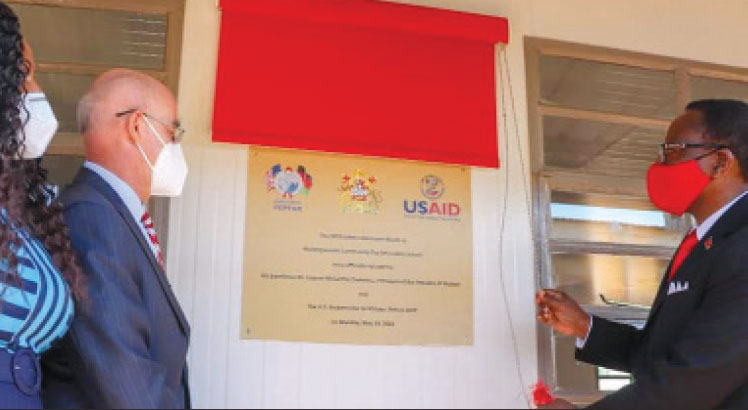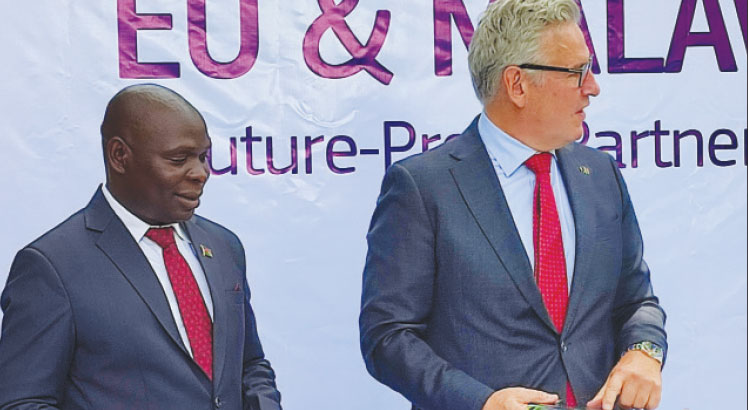The Ministry of Education says out of the targeted 141 urban and rural public community day secondary schools (CDSSs) under the secondary education expansion for development (Seed) project, 90 sites have been completed while 51 others are under construction.
In a statement the ministry states that three sites are pending the start of works and another six sites are pending finalisation of contract prior to beginning of works.
The statement adds that the three rural CDSSs under Phase 2 Group 2 are pending onset of works owing to challenges that are being resolved with regard to access to the location for one site in Mangochi and community wrangles in two sites in Mangochi and Ntchisi.
According to the statement 470 new public secondary schools are to be constructed by 2030, with 235 of these targeted for completion by 2025.
Six hundred classrooms are also to be constructed in existing secondary schools by 2030, with 300 of these targeted for completion by 2025.
Reads the statement: “As at October 20 2023, 45 out of 54 CDSSs have been constructed with 16 sites at 96 percent completion rate, 11 sites at 86 percent completion rate, 12 sites at 81percent completion rate and six sites at 6.43 percent completion rate. The cumulative completion rate is at 67 percent as nine are pending commencement of works.”
The ministry has also clarified that it is neither the implementor of the Seed project nor is it responsible for the financial management of the project, adding that all aspects of the project, including financing, procurement, payment disbursement to contractors and project implementation, are handled by USaid.
”The Ministry’s primary role in this project is to assist the USaid in the site selection and certification process for beneficiary schools and to ensure that the project does not physically or economically displace Malawian citizens,” reads the statement.
But Civil Society Coalition for Education executive director Benedicto Kondowe, in an interview this week, pointed out that the success of the project hinges on the government’s crucial role which is grounded in its responsibility to both identify suitable construction sites and determine the quantity of schools required in each beneficiary district.
He stressed that it is imperative to recognise that any disputes arising from the current site identification process could significantly impede the projects progress, potentially jeopardising the achievement of its objectives.
Said Kondowe: “Timely completion is essential, as any delays not only hamper the realisation of the projects goals but also result in the inefficient use of allocated resources, depriving deserving communities of a rare educational opportunity,
“It is important to stress that this responsibility does not imply financial mismanagement by the government. Instead, it underscores the government’s duty to ensure that Malawi fully reaps the benefits of the planned 250 secondary schools. This commitment is vital to the overall success and impact of the project.”
The Seed project is implemented on behalf of the US Government by the USaid in partnership with the Government of Malawi through the Ministry of Education (lead institution), the Ministry of Finance and Economic Affairs, the Ministry of Health, and the Ministry of Gender, Community Development and Social Welfare.
The memorandum of understanding on the Seed project was entered into by the Government of Malawi and the US Government in July 2018.
The post Secondary school project on track—Government appeared first on The Nation Online.
 Moni Malawi
Moni Malawi 

